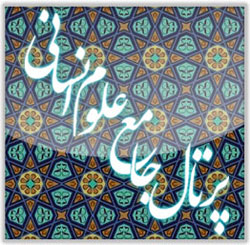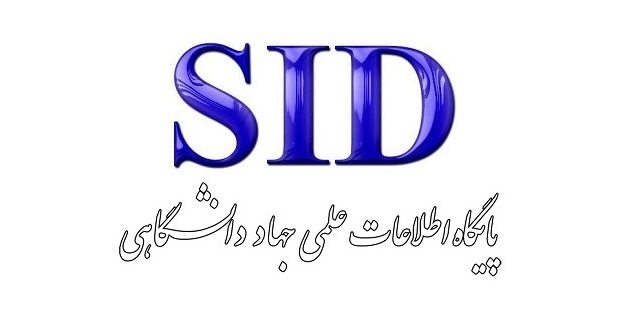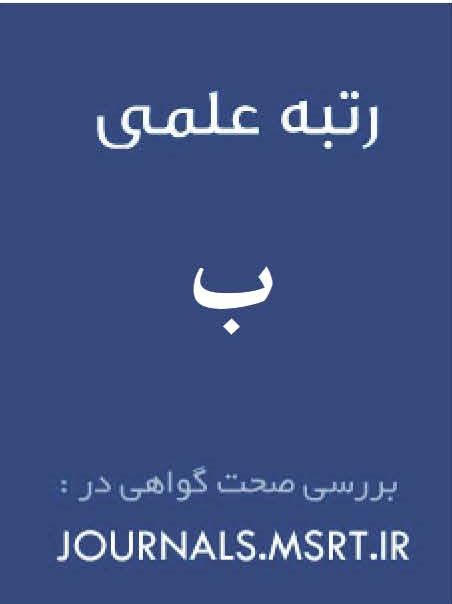تحلیل و بررسی مولفههای نقد فرمالیستی در آثار سید علی صالحی
کلمات کلیدی:
هنجارگریزی , فرمالیسم , سیدعلی صالحی, نقد معاصرچکیده
نقد فرمالیستی یکی از شیوههای علمی بررسی آثار ادبی است که با تمرکز بر متن و کنار نهادن عوامل بیرونی، در پی کشف وجوه زیباییشناسانهای است که زبان روزمره را تا مرز اعجاز شاعرانه ارتقا میدهند. در این میان، رستاخیز واژگان و آشناییزدایی از مهمترین فنونی است که به زبان روزمره، جامۀ شعریت میپوشاند. در شعر سید علی صالحی، بهرهگیری از تکنیکهای گوناگون مانند سیالپنداری، حسآمیزی، پارادوکس، انتخاب واژههای نامأنوس، ایجاد ترکیبهای بدیع و... بسامد بالایی دارد. این مسئله با ماهیت «شعر گفتار» و رویکرد زبانی ساده، صمیمی و روان در اشعار او پیوندی تنگاتنگ دارد. لحن گفتاری صالحی و تأکید او بر صمیمیت مخاطب، همراه با ذهنیتگرایی شاعرانه و تولید عواطف سیال و ملموس، سبب شده است که هنجارگریزیهای معنایی و آوایی، بهویژه «حسآمیزی» و «سیالپنداری»، در شعر او بسامد بالایی پیدا کند. صالحی در واژهگزینی و نیز تأکید بر ظرفیتهای موسیقایی واژگان، توفیق چشمگیری دارد و با قاعدهگریزی یا قاعدهافزایی در حوزۀ معنا و صورت، پیوسته ترکیبهای تازه میآفریند. او همچنین کهنالگوهایی مانند آنیما و آنیموس را در سرودههایش بهخوبی نمایان کرده است. درمجموع، سید علی صالحی بهعنوان یکی از چهرههای برجستۀ شعر معاصر، در همۀ گونههای هنجارگریزی، بهویژه در ابعاد معنایی و آوایی، عملکرد چشمگیری داشته و ترفندهای ادبی را نیز از یاد نبرده است. شعر او تجلی خلاقیت، سادهنویسی و کشف روابط تازه در زبان گفتار است و این ویژگیها جایگاه او را در ادبیات امروز ایران استوار میسازد.









